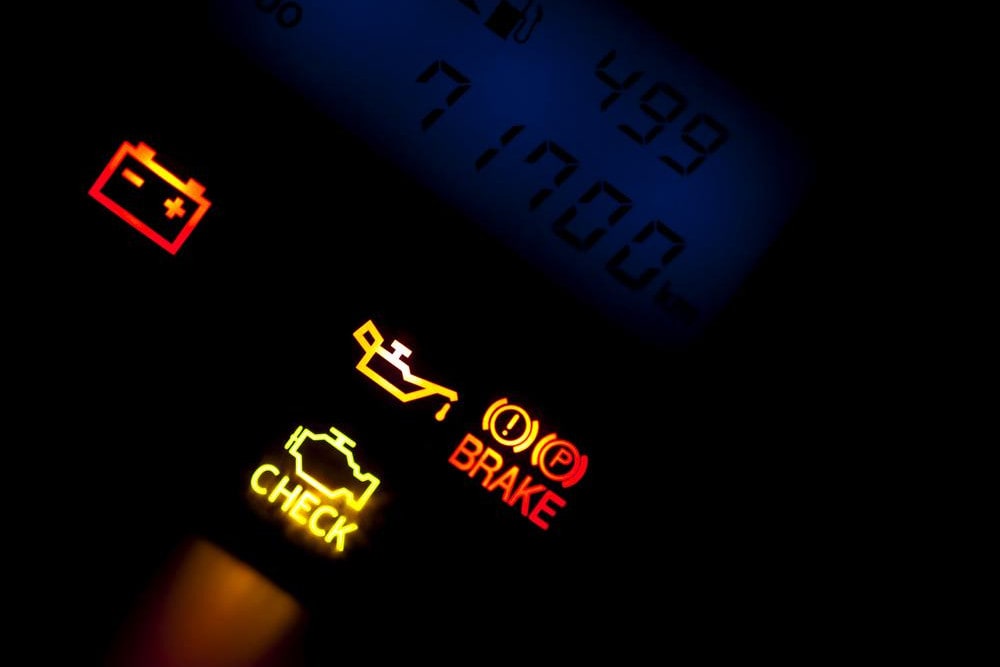

The brakes on your vehicle allow you to stop safely, especially in emergency situations. If your Brake Warning Light comes on, you should take notice and contact your mechanic immediately. Brakes are the most important safety feature on your vehicle, so you should not drive your car if your brakes are not working properly.
Here are some things to look for when you see that your Brake Warning light has been turned on:
One of the main reasons the Brake Warning Light comes on is a brake needs to be replaced. The light does not tell you which brake it is, just that one of them is going bad. A mechanic can inspect your brakes and find out which one is going bad and replace it for you.
Low brake fluid or worn brake pads are other reasons your Brake Warning Light may come on. Sometimes the fluid level in your brake is low, which means it needs to be replaced or fluid needs to be added. In other cases, the brake pads may need to be completely replaced, which a certified mechanic can do for you.
Leaking brakes are another reason the Brake Warning Light may come on. If the brakes are leaking, you will not be able to stop the car. This is dangerous and your vehicle should not be driven in this condition. If you suspect a leak and your Brake Warning Light is on, get in touch with a mechanic as soon as possible so you can get your car inspected.
If you hear unusual noises while you are pressing the brake pedal and your Brake Warning light is on, it is important to call your mechanic. Grinding noises are especially serious, as this means your brake pads are worn and need to be replaced as soon as possible.
Another sign your brakes are failing is the warning light, and the vehicle pulls to one side while you are braking. This can signify a brake fluid leak or the brakes need to be replaced.
Driving with the Brake Warning Light on should not be done as this is dangerous. It means your brakes are not working properly and need to be repaired as soon as possible. As soon as you notice the Brake Warning Light on, you should look to have a certified mechanic, such as one from YourMechanic, inspect your braking system.



